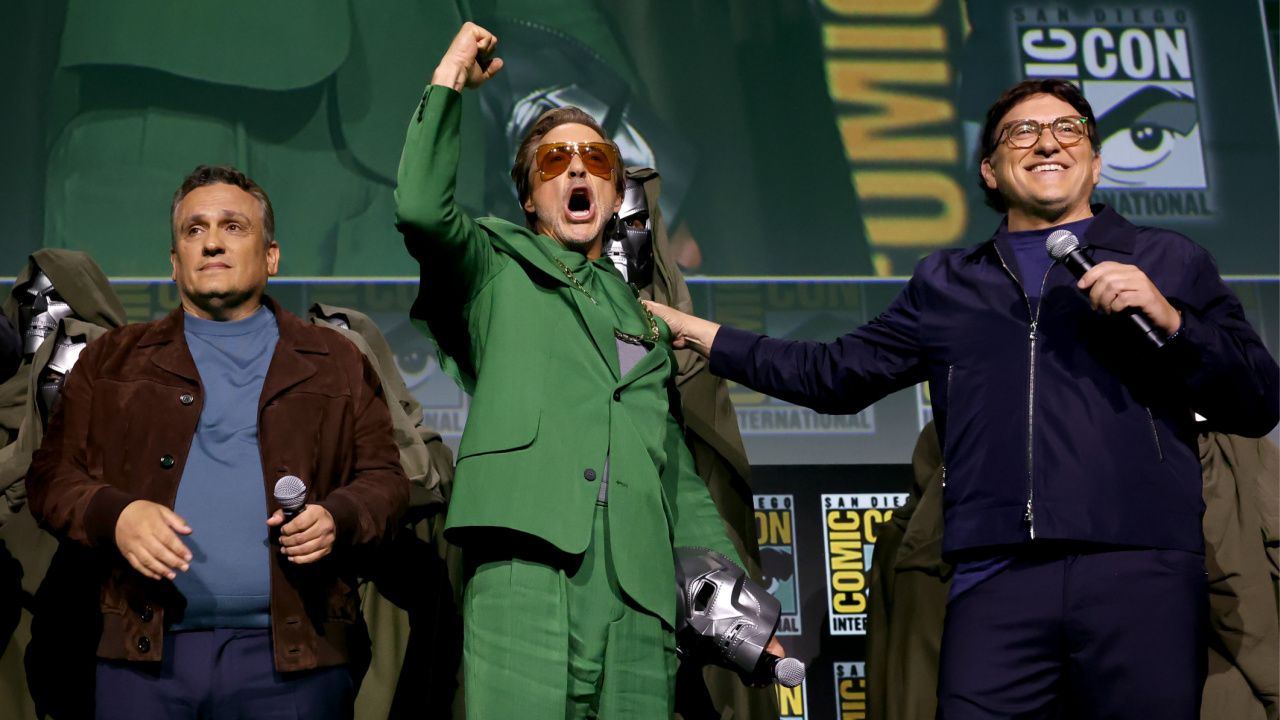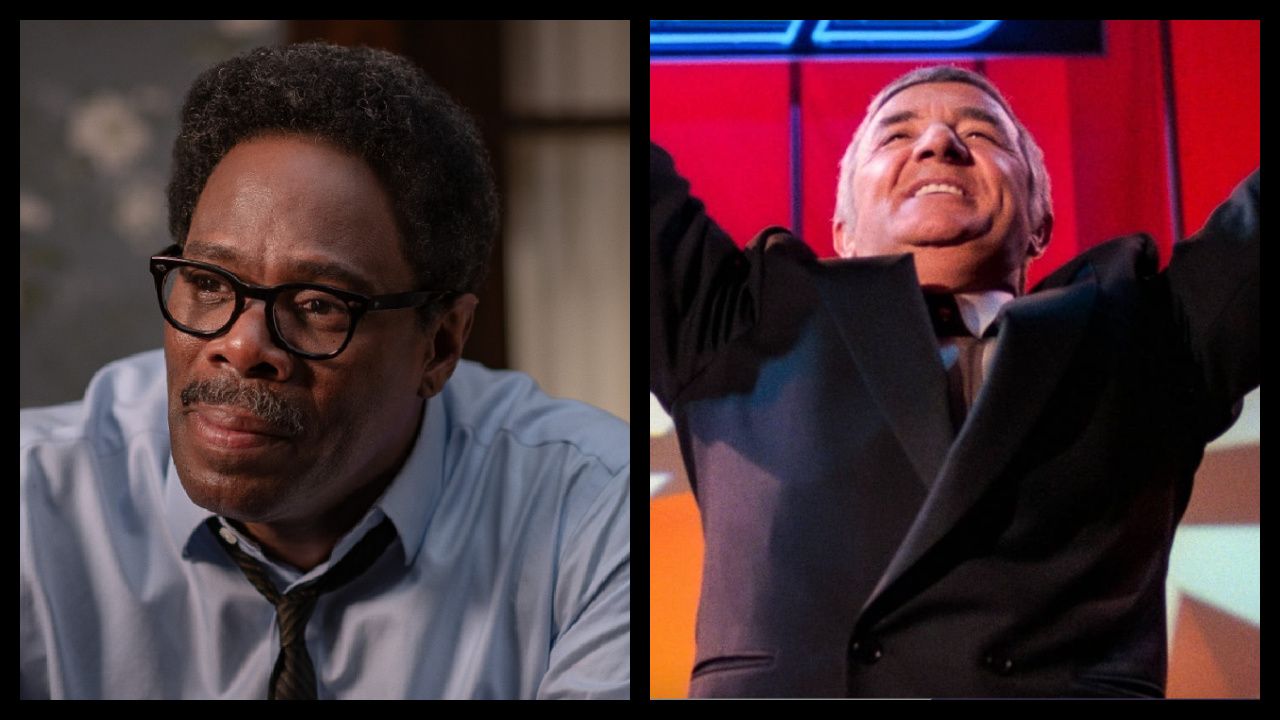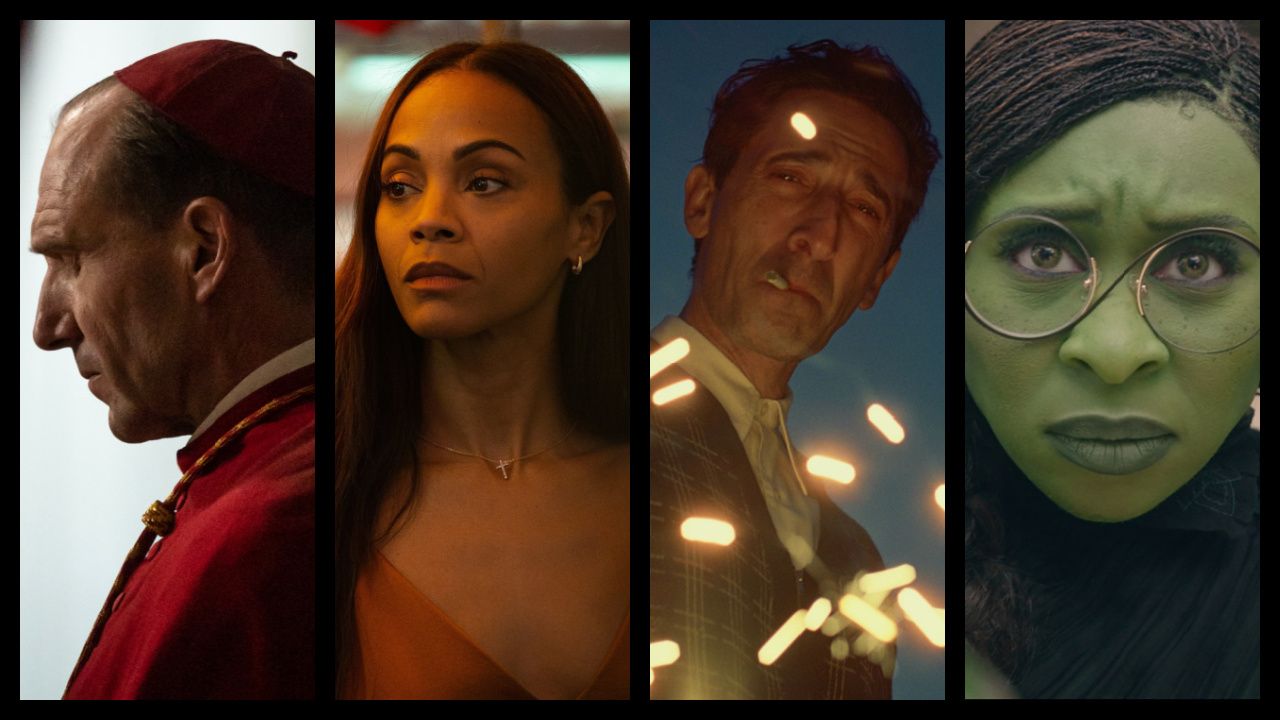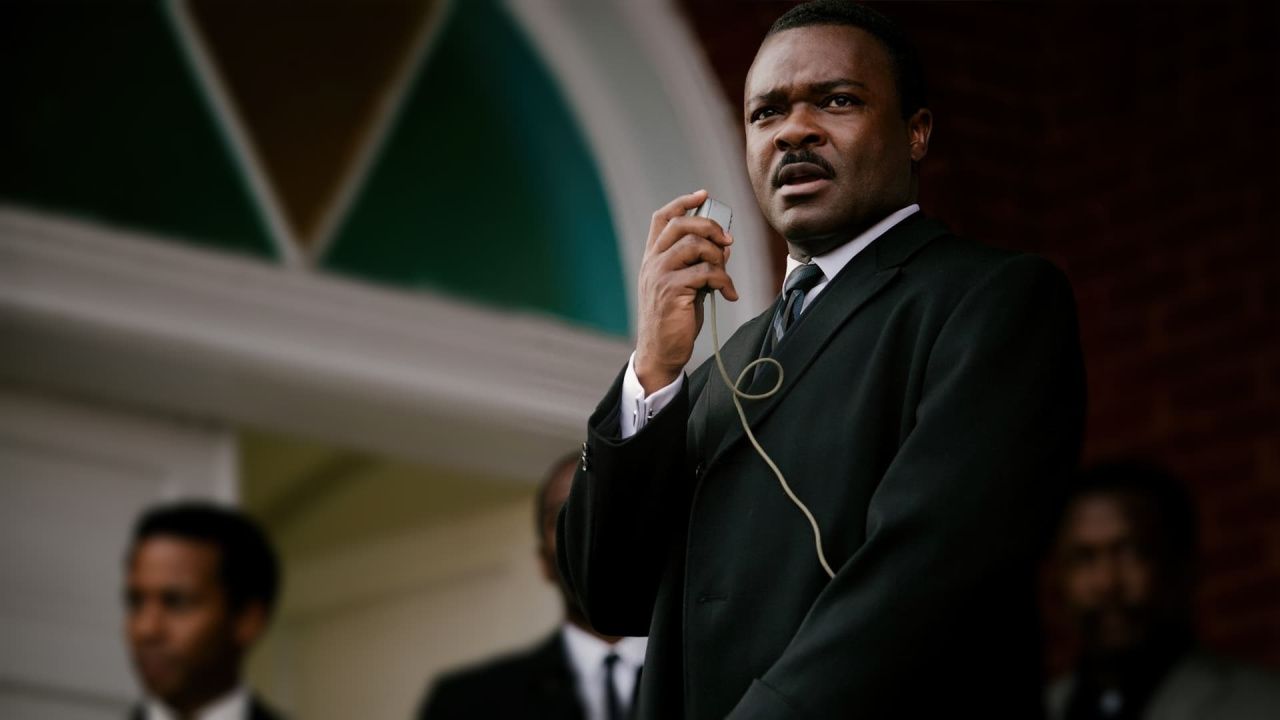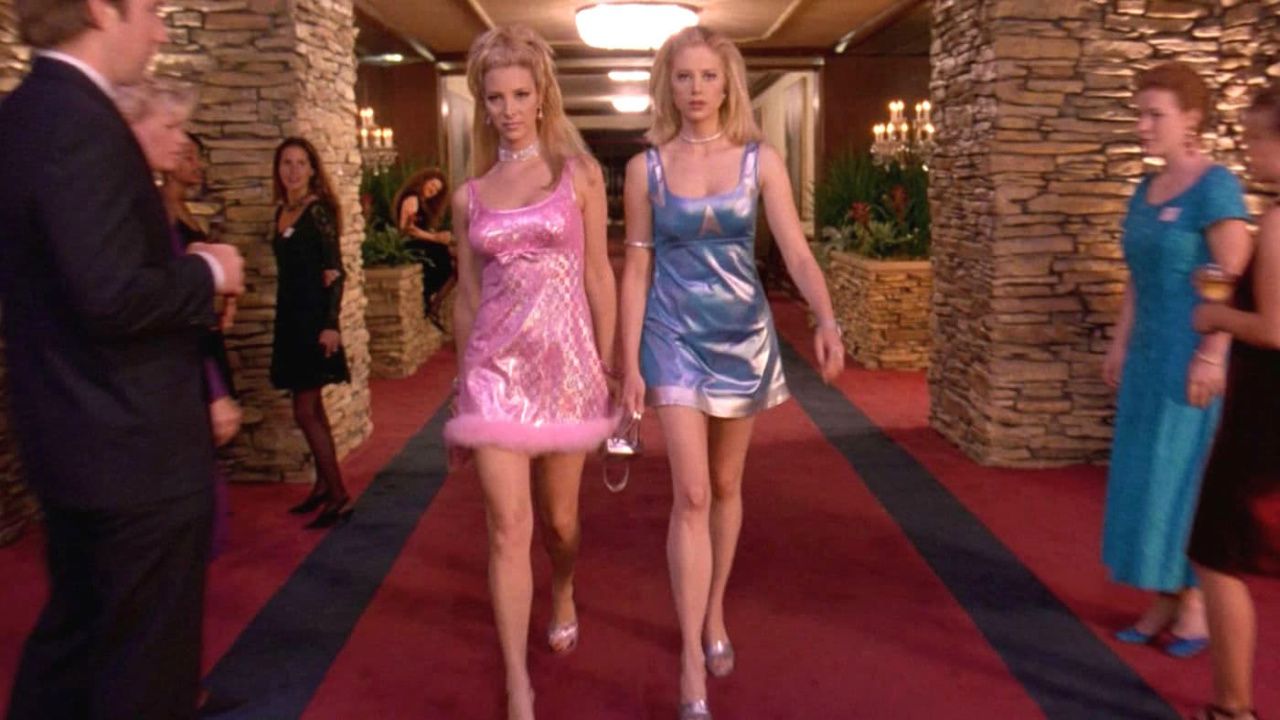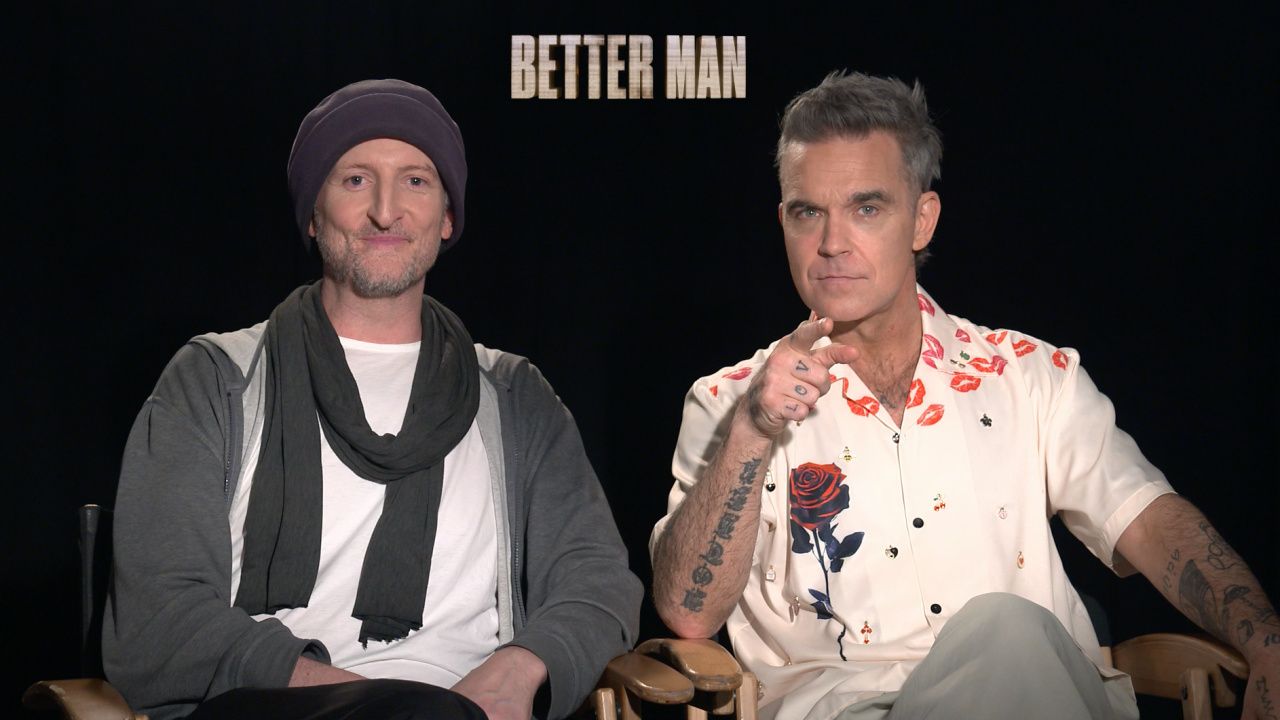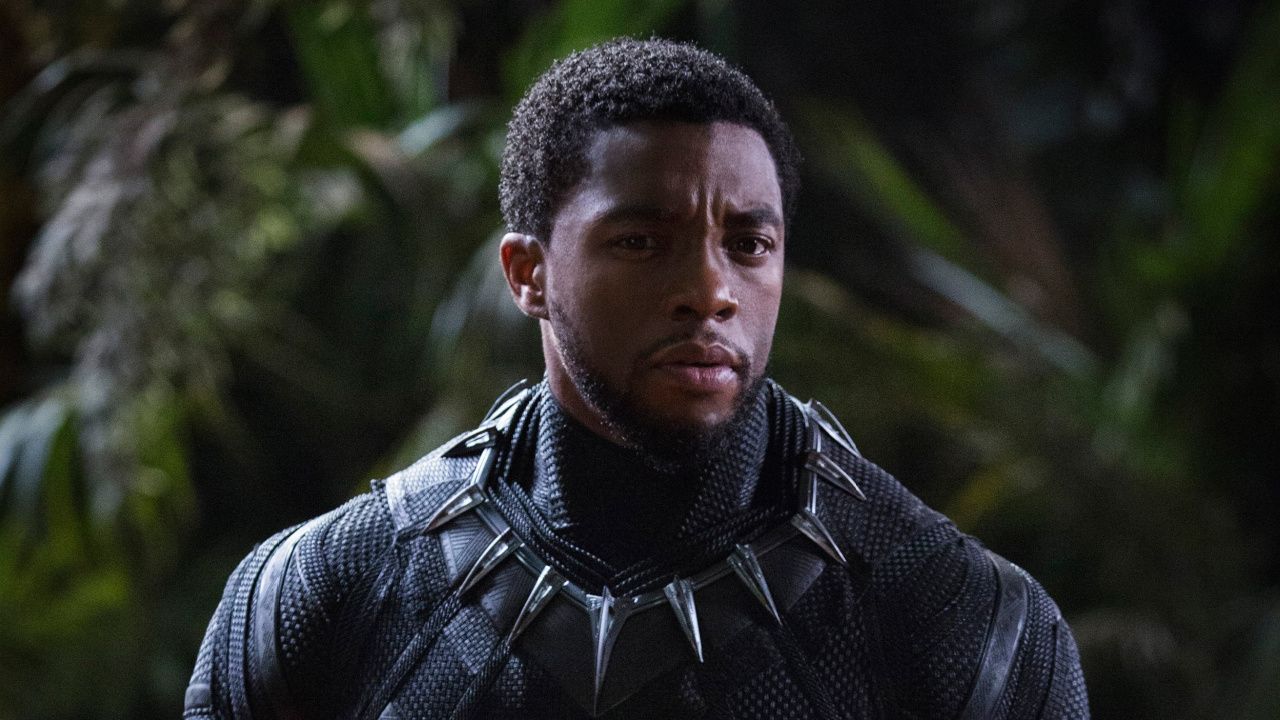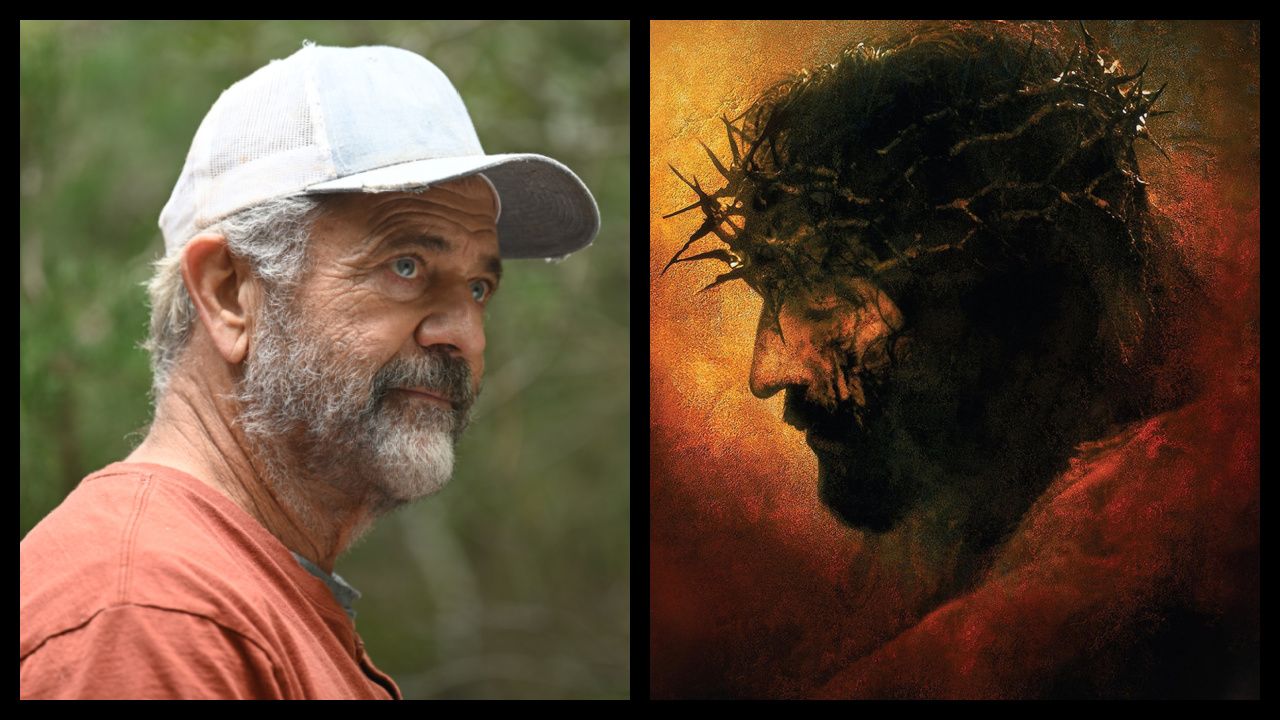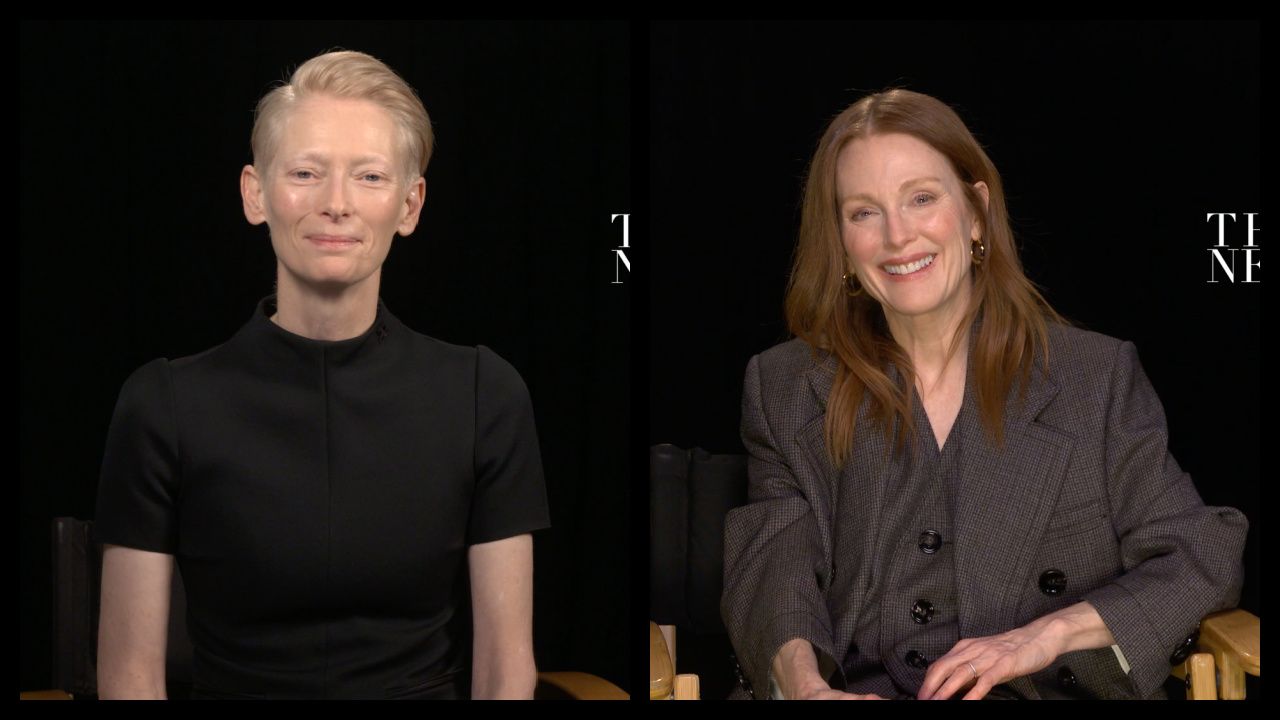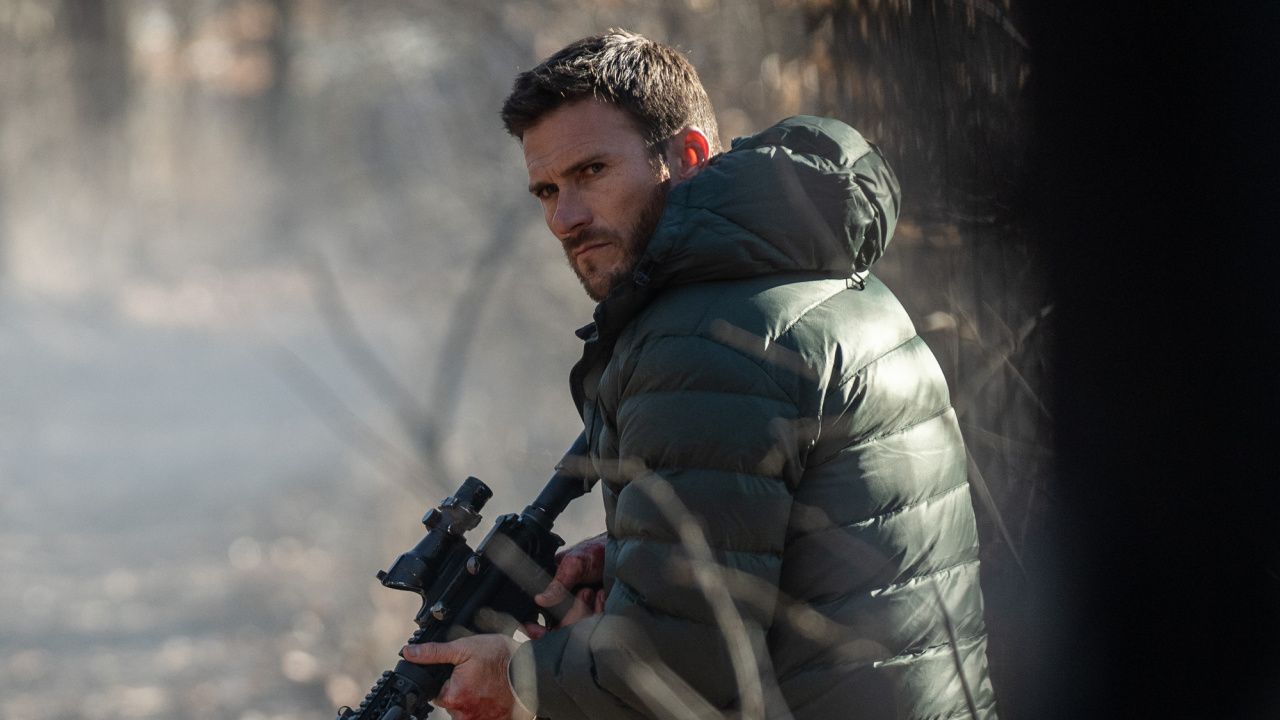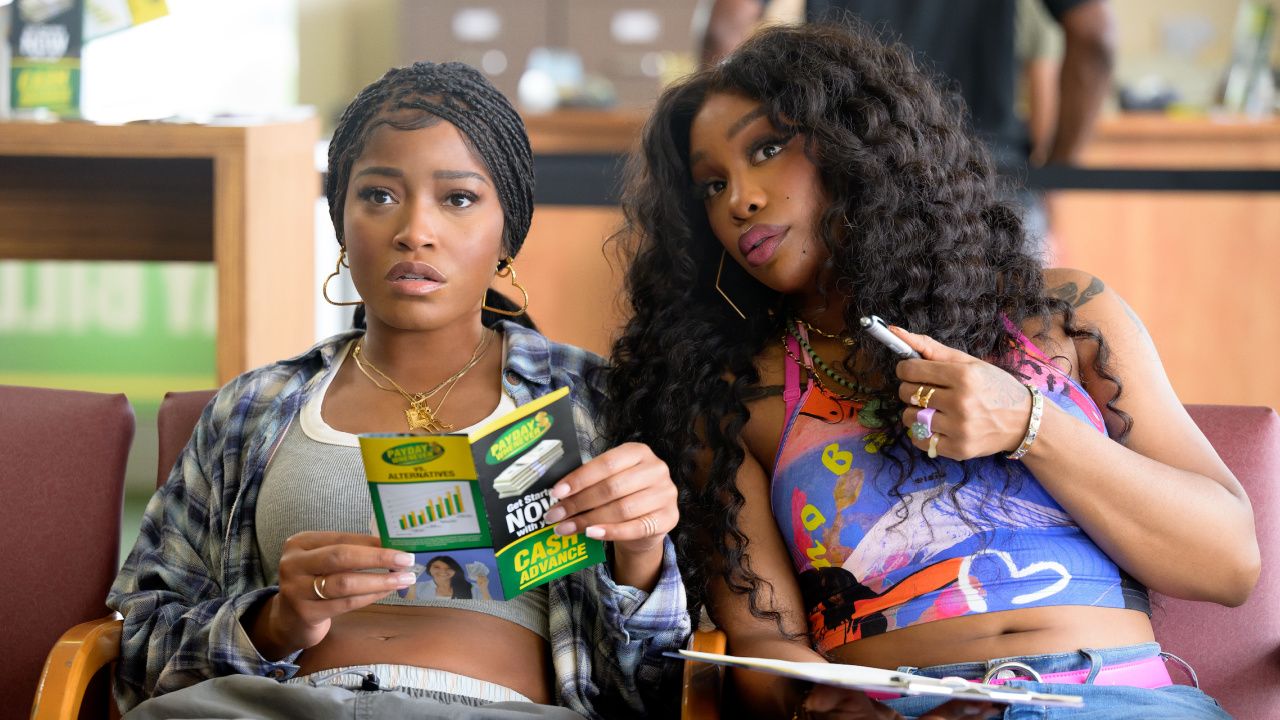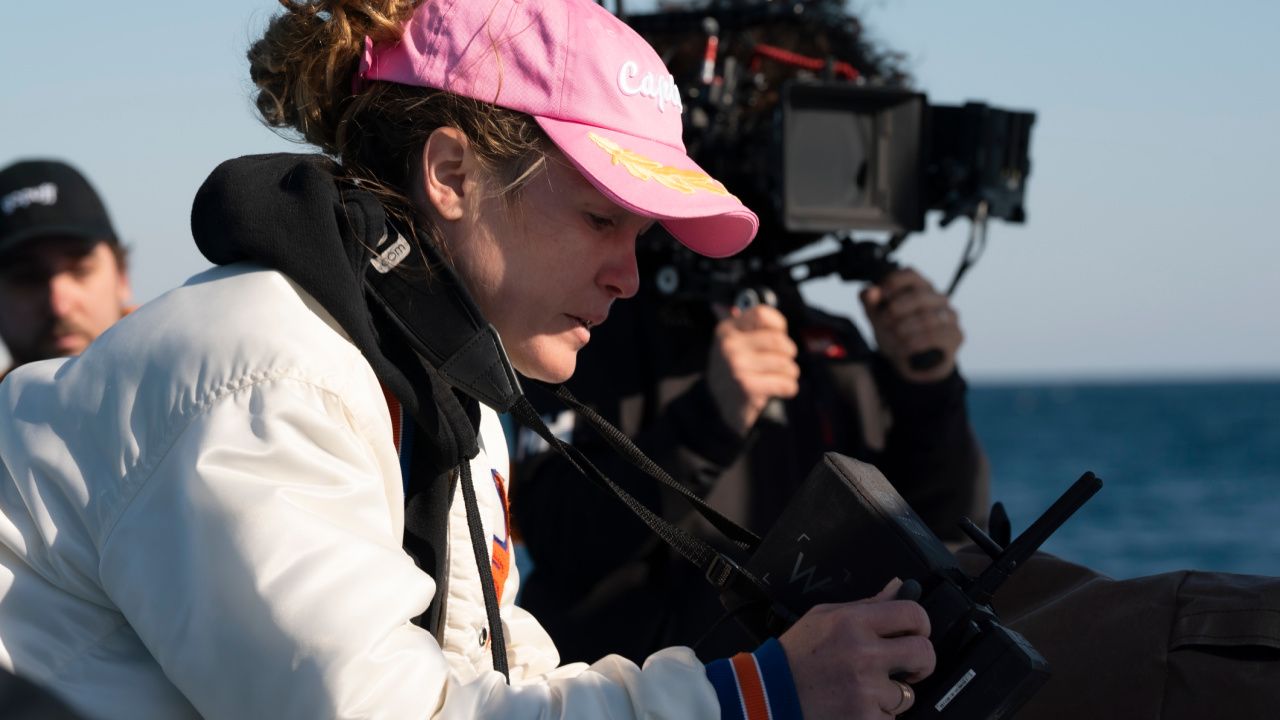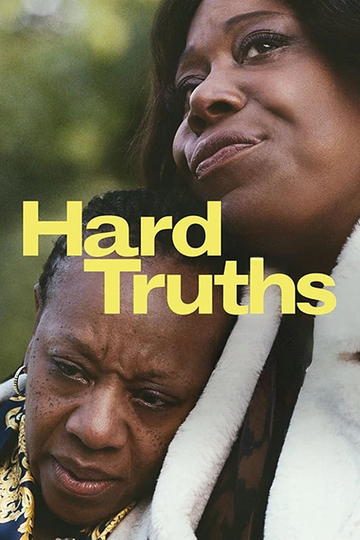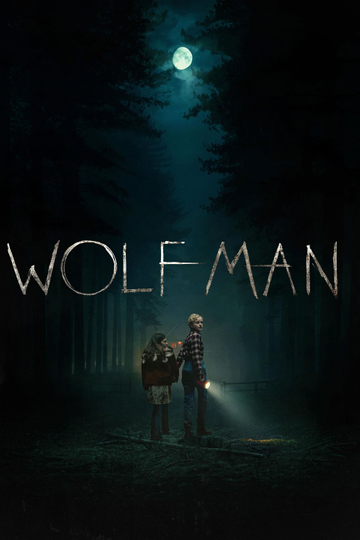Why Oscar Isaac Channeled Stanley Kubrick for 'Ex Machina' (EXCLUSIVE)
There are good science fiction movies, and there are science fiction movies that realign your perception of the world, while thrusting you into some new or otherworldly space, full of unfamiliar technology or biology. Alex Garland is in the business of making the latter. The British novelist breathed life into the zombie movie with his script for Danny Boyle's "28 Days Later," and took audiences to the far flung reaches of space with their second collaboration, "Sunshine" (if you haven't seen it, please correct the error of your ways -- it's fabulous). Garland also adapted a beloved novel for the cloning saga "Never Let Me Go" and an equally beloved cult comic book for "Dredd" (again: outstanding, especially in 3D).
This week, Garland makes his directorial debut with "Ex Machina," a twisty-turny little science fiction film that stars Domhnall Gleeson as Caleb, a coder for a Google-like monolith called Bluebook. Bluebook is run by a reclusive, genius billionaire named Nathan (Oscar Isaac), who summons Caleb to his airtight compound to engage in a series of interactions with his brand-new invention: an eerily lifelike robot named Ava (Alicia Vikander). Things, as you can imagine, don't go smoothly.
At the South by Southwest Film Festival in Austin, Texas, a few weeks ago, we got to sit on a sunny porch and chat with Isaac. The movie had debuted at the festival the night earlier with a rapturous response and predictably awesome after-party, and you could tell Isaac was feeling good. (Or maybe it was the fact that he stars in "Star Wars: The Force Awakens" and knows tons of stuff that nobody else knows, well, besides Gleeson, who also stars in that little film. Read more about that here.)
During our conversation, we talked about the look and development of the character, why he found famed director Stanley Kubrick to be such an influence, how he nearly landed the lead in "The Bourne Legacy," and, oh yeah, his exceptional dance moves.
Moviefone: I wanted to first ask about the development of the character, because he's not at all what you expect. How much of that was on the page and how much did you come up with?
Oscar Isaac: Most of it was on the page. Almost all of it was on the page. A lot of the concepts and exactly how the whole thing fits together is so thought out, and Alex was so rigorous with making sure it all lines up; it was really on the page. We did spend a good many days getting together and going through the script line-by-line, just to make sure it made sense to me and made sense as a whole. But that kind of wit and intelligence and ferocity was on the page.
What about the look of the character? He's working out all the time but not totally in shape because he's drinking, and he's got a shaved head but a bushy beard...
The drinking and the working out was in there because he's supposed to be incredibly formidable on every level. He's a foil to Caleb -- he's stronger than he is, he's more intelligent, he's funnier, he's quicker. He's like an impossible foe. So when the tables do finally turn, it's really rewarding. But the look was something that we played around with a lot.
What he looked like wasn't specified at all, so we thought, Well, he's not seen anyone. He's been in his research facility for however many years, with no contact with human beings. What would he look like? So the first look that I came up with and brought to Alex was a long beard and long hair, quite caveman-looking, I thought, What reason would he have to cut his hair? He's got a lot of things on his mind. And then we did some tests with that and we liked it; we were fairly close to going with that one. But then I said, "The other option is this..." And I actually shaved my head and thought, This is a bit severe and that would be more like I can't deal with hair.
It'd be getting in the way so you'd have to shave it but the beard really isn't getting in the way and he wouldn't want to have to shave every day. It was very practical. And also, to me, it gave a little bit of that Kubrick look, although he had the long hair in his later years. He had the bald head and the glasses and those big owl eyes.
The movie is very economic in its storytelling. Did you and Alex talk about the character's history?
Yes, we talked about those ideas -- like it says in the script, he wrote the code for Bluebook at 13. He was a savant. For me, the idea that he came from, again with the Kubrick inspiration, I listened to some of his speech patterns, particularly when he was younger. So there's a bit of a Bronx accent and I imagined him being from the Bronx. I followed him through; he was self-taught, the way that Steve Jobs was. And where this misanthropic, dystopian feeling started to set in.
Where did this Kubrick thing come from?
For me, I just liked the idea of someone who was mysterious and powerful and incredibly smart and who I think is a genius. That's where I started -- who do I think is a genius? Not necessarily who other people think is a genius but not that other people think is a genius. Obviously, there is the bro billionaire people, but that's someone who has a fascinating mind. So I thought of him and I thought of Bobby Fischer and read about him and watched documentaries on him because he's someone who is so brilliant at one thing but is so dark and had such messed up ideas and was definitely diseased by certain things.
Were you ever worried that the movie wouldn't work?
Never. I read it and thought, This is amazing. It was just like when I read "Sunshine" and I thought it was some of the best sci-fi I'd ever read. I think Alex is one of the greats.
I've heard the "Sunshine" script was even weirder than the movie.
It was amazing. It was the first script I ever read outside of school and it was my first audition, for the Cillian Murphy part (Robert Capa). It sounds sort of like Caleb.
And weren't you very close to nabbing Jeremy Renner's part in "The Bourne Legacy"?
Oh yeah. Tony and I had talked about it, and we did a very long, long screen test. And Tony is very up front about it too -- Universal didn't want to go with an unknown. So then he asked Jeremy, after he was cast, if he was cool about bringing me on. Because everybody knew the story. And he was so cool and said, "Oh yeah, bring him."
What was filming with the robot like? Was she in some kind of suit? Had you seen designs beforehand?
I had been shown designs, so I had some idea of what she would look like. But the grey mesh? That was her whole suit. And they just put it in later. I had an idea what she looked like, not exactly, but a basic understanding.
Can we talk about your dance number?
Sure.
You obviously had to spend some time choreographing that.
Yeah, we spent a few days with a choreographer choreographing that. It's actually twice as long. We did almost the entire song. But, wisely, they used the perfect amount. It was such a disco non sequiter. It's one of the last things you would have expected from this movie.
Was it ever in danger of being cut?
No, never. From the moment we started shooting, we thought, This is amazing. People are going to be like, What the f*ck is this?













